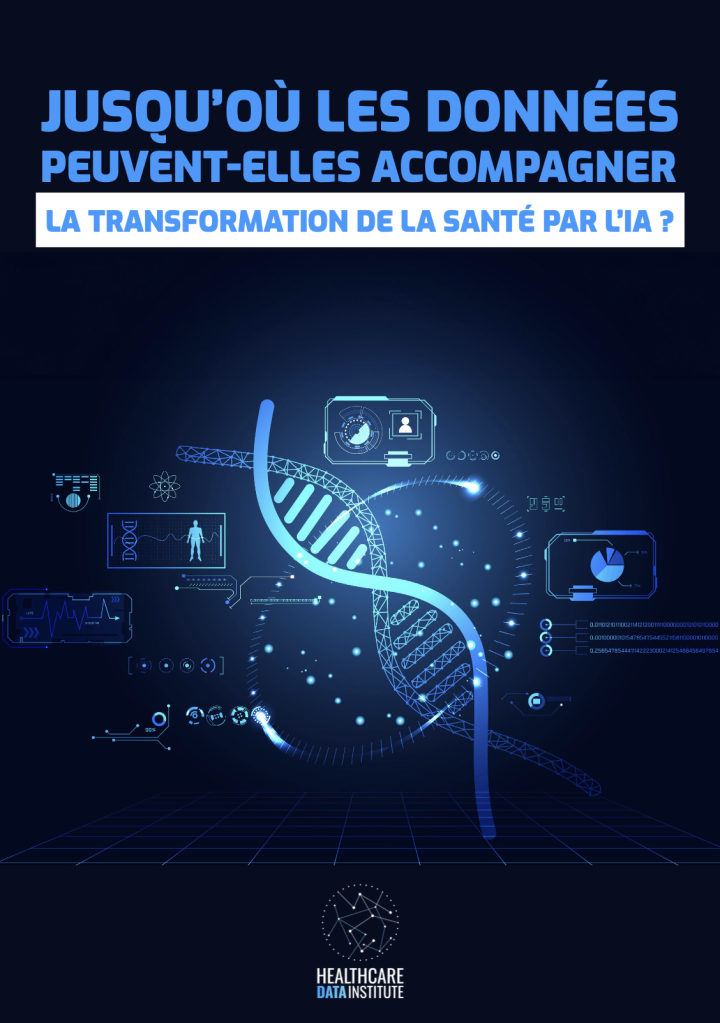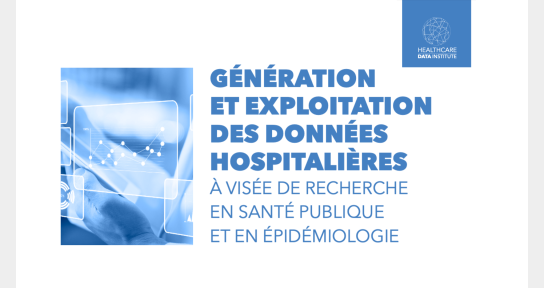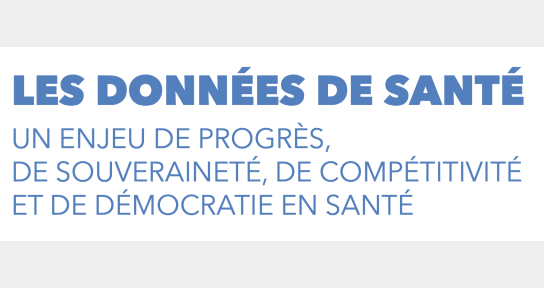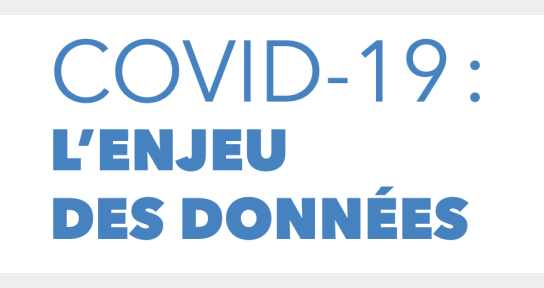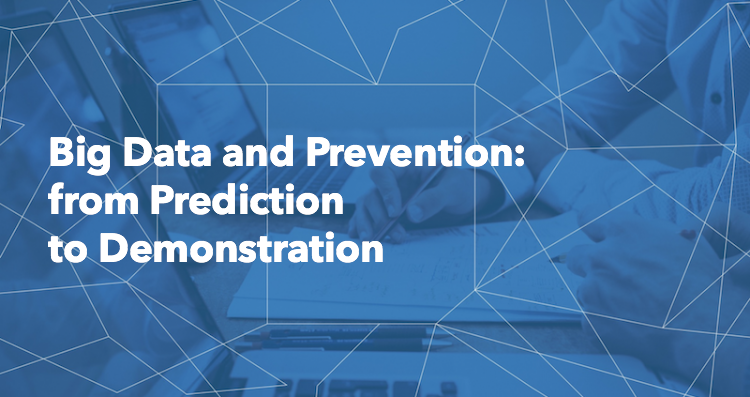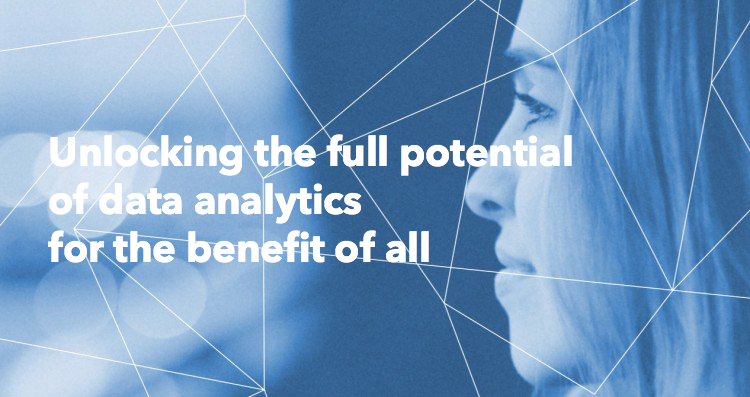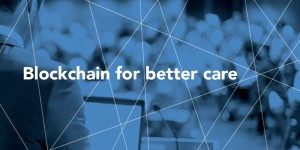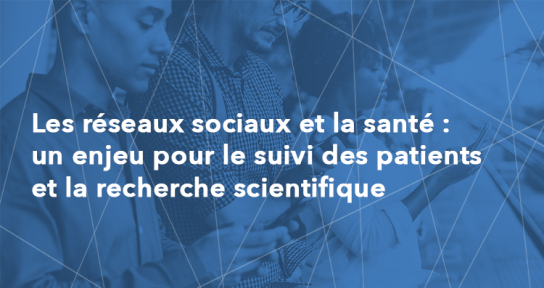With over 10 products in clinical development set to come to market in the next five years, Sanofi is entering a very exciting time and becoming a launch powerhouse. Many of those products have great potential to meet huge unmet patient needs and positively impact millions of people in different disease areas. In order to better meet patient needs, Sanofi is adopting a truly patient-centered, integrated approach that aims to design solutions that fit the lives of patients and help achieve better outcome, leveraging medication, devices, technology and services.
With over 10 products in clinical development set to come to market in the next five years, Sanofi is entering a very exciting time and becoming a launch powerhouse. Many of those products have great potential to meet huge unmet patient needs and positively impact millions of people in different disease areas. In order to better meet patient needs, Sanofi is adopting a truly patient-centered, integrated approach that aims to design solutions that fit the lives of patients and help achieve better outcome, leveraging medication, devices, technology and services.
What is your current role at Sanofi?
As Executive Vice President for Global Divisions and Strategic Development, I lead a portfolio of businesses, including key areas Diabetes, Immuno-inflammation, Cardiovascular, Oncology and Consumer Healthcare.
What is really inspiring is bringing innovative new medicines to the markets that will positively impact lives of patients in several disease areas. Meanwhile, we know that people live longer, however, often with chronic diseases that they need to live with for decades. This results in huge cost burden for the societies and healthcare systems. And we know that medications alone do not solve these problems. In order to create real patient benefits and drive sustainable success for Sanofi, we are adopting a truly patient-centered, integrated-care approach that combines medication, latest technology, device and services to develop solutions that better fit into people’s lives, and help them achieve better outcome.
I joined Sanofi during this process of reinvention, motivated by a sense of urgency, the potential to help millions of patients and deliver sustainable success for our company.
What do you understand concretely under integrated care? Can you give us some examples?
It is not just about launching a new medicine but it is about understanding how you are going to use your drug, how the patient is going to manage his disease.
Most of our products are aimed at patients suffering from chronic diseases, which involve long-term management. It is not just about launching a new medicine but it is about understanding how you are going to use your drug, how the patient is going to manage his disease. We must not see medication solely as an isolated treatment variable. It forms part of a wider context which has a decisive impact on the patient’s long-term compliance.
Medication is just one element of integrated healthcare solutions, which form part of the “beyond the pill” strategy.
In order to ensure the efficacy of a medicine, we need to equip ourselves with tools for measuring results. In a patient-centric model, statistics play a vital role. They contribute to the understanding of patient behaviour and so enable us to know the factors that determine compliance with treatment. The inputs are then built into our solutions for the purposes of defining, developing and marketing new products. To this end, we have recruited the pharmaceutical industry’s first ever Chief Patient Officer. This decision is the natural response to taking patients’ views into account. The health ecosystem is evolving so rapidly that many participants can no longer clearly define who their patients are.
Our integrated care initiatives are geared towards providing a better service to patients, and ultimately help them achieve better outcomes. We must seize the opportunity to become a change leader. Sanofi will not only blaze a trail in terms of its products, but also the solutions that surround them.
At Sanofi, diabetes is, for example, a chronic disease that best represents the notion of integrated care and the issues around understanding patient behaviour (market studies, insights, etc.). Diabetes management is a 24 / 7 job with no day off. For people who are on insulin, this includes injecting insulin, testing glucose level, adjusting insulin dose etc. There is no absolute rule regarding the insulin dose to be consumed. When a patient begins treatment for diabetes, he or she proceeds step by step (titration). The challenge for patients with diabetes is to get their blood sugar level at target and maintain it. Hypoglycaemia (too low blood sugar level) is one of the major concerns in diabetes treatment; many patients would drop treatment due to the fear of hypoglycaemia. Simply placing medication at the patient’s disposal is therefore not enough. A care plan should be put in place to help ensure that the patient does not turn away from treatment on the grounds of its daily management becoming too complex.
Sanofi also applies this logic to the development of solutions for supporting asthmatics to predict and prevent potential attacks, and for patients suffering from atopic dermatitis to improve the monitoring and self-management of their condition.
What is your interest to join the Healthcare Data Institute?
The Healthcare Data Institute offers an overview of the use of big data and statistics by key players in the health ecosystem. This includes their collection, analysis and the conclusions drawn. We won’t be able to implement everything on our own. Innovation is driven by stakeholders coming together, sharing ideas and thinking “outside of the box”.
In this context, the logic of the networked environment is now crucial. We are principally a pharmaceutical laboratory, but we strive to understand the way scientists work as well as patients (their everyday lives, their reactions, etc.). That said, we are not a technology company, nor a data analytics firm. Data allows us to go beyond medication. We know for example that, beyond the product, what matters most to the patient is the way it is administered, and its restrictions (injection). This type of knowledge contributes to greater reflection going forward and therefore improved population targeting.
In your opinion, what are the main challenges and risks of big data in healthcare?
Data is ubiquitous, and has even become a ‘buzz word’, but applying the concept of machine learning, understanding of the phenotype and the link between behaviour and diseases comes up against the very orthodox way in which science operates, one characteristic of which is clinical trials. As it stands, certain data do not benefit from any medical endorsement (quantified self, etc.). Indeed, many computer-based tools available to the general public will have to go through regulatory approval if they are to be considered reliable sources of medical-level information.
Generating data is probably the easiest part. The challenge is to factor in the need to process that raw information, and then to draw conclusions from it that lead to knowledge and tangible patient outcomes. Some 15 years ago, we learned to sequence the human genome. Human Genome Sequencing was a landmark project and a source of inspiration. Many years on, technological advances have drastically reduced the cost of this kind of endeavour, but the problem remains the same: knowing what to do with the data. Imagine having all the bits required to build an aeroplane on the table in front of you. It is fair to say that without an engineer to assemble them, it is very unlikely that you would succeed in getting anything useful out of them. This is the reason why hypotheses have to be verified by what is known as target sequencing or resequencing. The techniques required for obtaining detailed analysis are very expensive. To tackle big data, we will certainly have to go through the same sort of development process.
The challenge raised in public debate is the reluctance individuals feel about the idea of sharing their data. The challenge is this: how can we personalise solutions without infringing the notion of privacy?
What solutions do you see succeeding in the next five years?
Big data is gradually becoming part of the way in which we work and develop integrated care solutions. This is particularly true in the United States. Their health system works according to the principle of efficiency and is driven by results, in a context of high social costs.
The policy in place at Sanofi is also driven by this same demand for results. A few years ago, a new treatment would be produced, put through clinical trials and taken to market. These days, the last phase depends on proving the identified efficacy in a real-world setting and conditions. To do this, it is essential that we gather more and more data about the patients that use our products and that we translate this effort into better clinical outcomes and improved patient experience.
___
Pascale Witz is the Executive Vice President of Global Divisions & Strategic Development at Sanofi, and a member of its Executive Committee. She oversees a portfolio of businesses, including Diabetes, Cardiovascular, Oncology, Immuno-inflammation and Consumer Healthcare.
Pascale is a seasoned Healthcare Executive, with experience in pharma, medtech and diagnostics.
International and multicultural, she has lived and worked in the US, leading global businesses with both high presence in the US and high growth in Asia. She is passionate about healthcare innovation to improve people’s health and she strongly believes in leadership, change management, diversity and international culture as driver for innovation.
Pascale has long promoted women’s career advancement and female leadership. Since 2014, she has been listed as one of Fortune’s Most Powerful Women in EMEA. At Sanofi, she is engaged in the Women’s Forum, a global group supported by Sanofi and other companies promoting the advancement of women worldwide via business and social networks.
Before joining Sanofi, Pascale spent 17 years at GE Healthcare, most recently as the President and CEO of the Medical Diagnostics business. She started her career in a molecular biology research lab in Strasbourg, France.
Prior to that, she competed in Track and Field at national (French) and international levels.
She holds a Diplome d’Ingenieur (MSc) from INSA Lyon, and an MBA from INSEAD.

